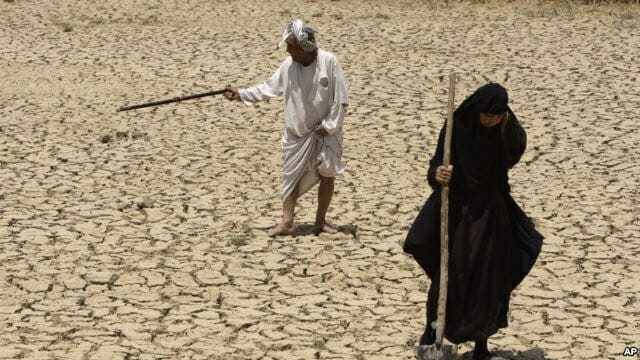The Arab world may be awash in oil and other minerals, but it is lacking in that one commodity upon which the whole existence rests: water.
The GCC region is suffering from a water deficit of 20 billion cu m as of 2018 and it is likely to touch 50 billion cu m by 2030 if the governments do not take remedial measures.
This has made water more precious than the fossil fuels in the region and several companies are engaged in mineral water production to quench the thirst of over 54 million people inhabiting the region.
While Kuwait imports 100% of its water from other countries, Saudi Arabia produces around 2.3 billion cu m water per year through its resources in the country.
But the realization of water scarcity seems to be forcing governments across the region into fervent action. The Abu Dhabi -based Al Dahra Agricultural Company and Israel’s Watergen, which creates potable water from air, have signed a strategic partnership in the field of water security recently.
Both companies agreed to establish a permanent center in Abu Dhabi to produce and distribute machinery for producing water for drinking and irrigation in the region.
Another UAE company, Agthia Group, has launched a new ‘plant-based’ water bottle under its Al Ain brand.
The product is first of its kind in the region and features packaging that is completely made using plant-based sources, including the cap. The bottle is also biodegradable and compost-able within 80 days, the company said.
Saudi Arabia’s Saline Water Conversion Corporation (SWCC) too has created the world’s lowest energy consumption for a water desalination plant.
The plant is capable of producing a total of 1.4 million cu m per day but only consumes 2.271 kWh per cubic meter of desalinated water.
Dubai Electricity and Water Authority (DEWA) has signed a 35-year water purchase agreement for the Hassyan Sea Water Reverse Osmosis (SWRO) Plant, with a local firm Utico.
The 120 Million Imperial Gallons per Day (MIGD) project will be built using the Independent Water Producer (IWP) model. It is expected to be completed by March 2024 at a total cost of US$410 million.

